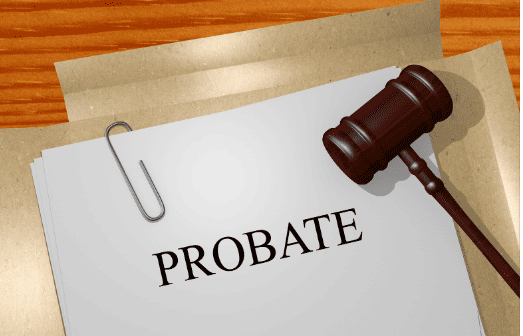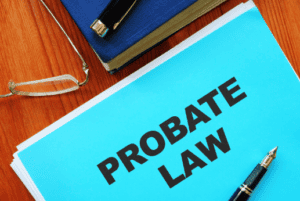Probate Attorney in Melbourne FL

What are the rules for probate in Florida?
Probate in Florida is a legal process that occurs after someone has passed away. It involves the court reviewing the deceased's assets and distributing them to their heirs or beneficiaries. In Florida, probate is necessary if the deceased owned assets solely in their name. If probate is not filed, your property and other assets stand the chance of going to the State. This process can take even longer and become drawn out, causing you to spend more money and time on it. A probate attorney will ensure that debts are paid and their assets are distributed accordingly. Contact Lacey Lyons Rezanka when you need help with your assets or estate. We're here to help you through the process and keep you well-informed.
What Are the Two Types of Probate in Florida?
The two types of probate in Florida are:- Formal Probate
- Summary Probate
What Is Formal Probate in Florida?
Formal probate in Florida is the most common type required in the State when a resident passes away. This process is closely supervised by an appointed judge. An attorney helps guide the process through the various stages.How Long Does Formal Probate Take in Florida?
Typically, the probate process takes anywhere from six to nine months under most conditions.What Is the Summary Administration Rule in Florida?
The Summary Administration probate rule in Florida is a bit less complex than Formal Administration. This process deals mainly with smaller estates and when the person has been deceased for over two years, and all creditors are barred.How Long Does a Summary Administration Take in Florida?
Summary Administration takes much less time, two to three weeks. This depends on the county once the petition has been submitted to the court.What Assets Go Through Probate in Florida?
Assets that can be subject to probate in Florida include:- Personal Property
- Estates
- Assets
- Jewelry
- Bank accounts
- Stocks & bonds
What Assets Do Not Pass Through Probate in Florida?
Just as there are assets that must go through probate, there are also ones that avoid it as well. Assets that avoid probate include:- Joint retirement accounts
- Irrevocable trusts
- Furniture
- Appliances
- Vehicles
Can a Will Avoid Probate?
Most people tend to think that a will avoids probate in Florida. A will does not avoid the probate process. A will is a legal document that contains directions for all who are involved. The distribution of care for children, money, and properties is outlined in the document. There are many good reasons to have a will in Florida. When a resident passes away, their assets can be distributed using the will.What Is the Ten Day Rule for Probate in Florida?
The Ten-Day Rule refers to the process of filing for probate in Florida for the individual who is in possession of the deceased's will. They must file for probate within ten days in the same county where the deceased resided.What Are the Benefits of Probate in Florida?
The process of probate in Florida may seem like a complicated task, but it actually has several benefits for the heirs of the deceased. Probate can help ensure that the deceased's assets are distributed fairly and in accordance with their wishes. It also provides a legal framework for resolving any disputes that may arise with creditors. Probate can help protect heirs from any potential liability or debt left by the deceased as well.Do I Need a Probate Attorney in Florida?
In most situations Florida law requires you to hire an attorney to assist you with the probate court process. An attorney can help streamline the process of probate in Florida. At Lacey Lyons Rezanka, you'll always get an experienced attorney. Probate can be a complex process, especially in a state like Florida, where the laws governing it can be particularly intricate. Hiring an attorney can make a huge difference in navigating the probate process. As their experience can explain the laws and procedures to you while also advocating for your rights.Is Probate Necessary in Florida?
You want to protect your family's assets, and that is why you need probate in Florida. This is a law that protects the individual. Without probate, the process can become a messy situation. With Lacey Lyons Rezanka by your side, you'll have a legal representative on your side who will ensure that an estate is settled efficiently.What Happens if Probate Is Not Filed in Florida?
Without filing for Probate in Florida, the court cannot distribute the assets of the estate. This can prolong the process and delay the distribution of the deceased individual's belongings. A beneficiary may have to resort to litigation which means spending more time and money.Do I Need Probate if There Are No Assets?
If the deceased has no assets, then probate in Florida is not a requirement. You won't have to deal with the courts or spend time figuring out what goes where. Therefore, probate is necessary in the State of Florida if there are assets and property attached to the deceased. Our attorneys will help identify your unique situation and develop a plan best tailored to your needs.What to Expect From a Probate Attorney?
For those who have never been through it before, the probate process in Florida is important for establishing a relationship with an attorney. They can guide you through each step of the way, making it a bit easier on you during such complicated times. It's important to know what to expect from this type of partnership, including:- Open communication
- Trust
- Transparency

